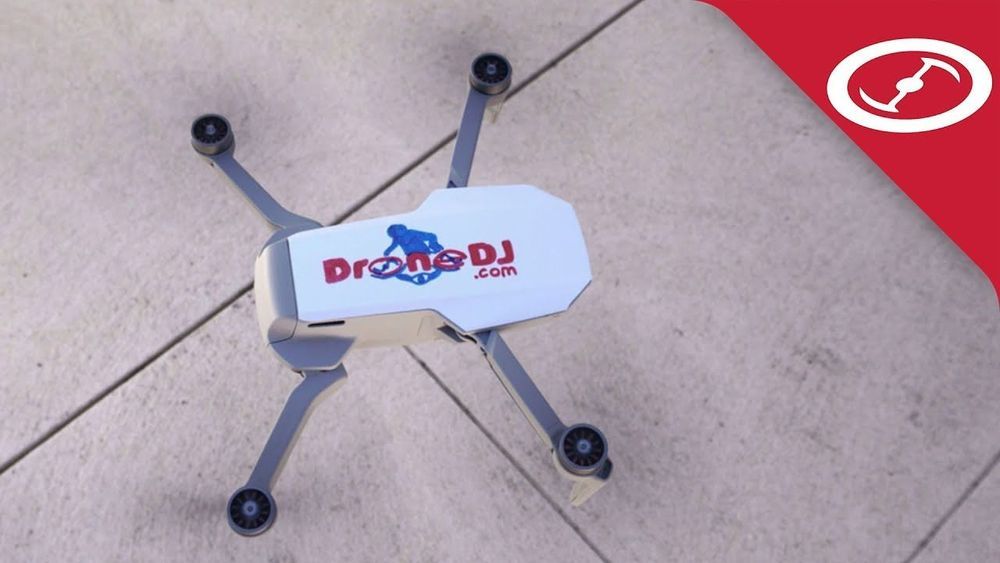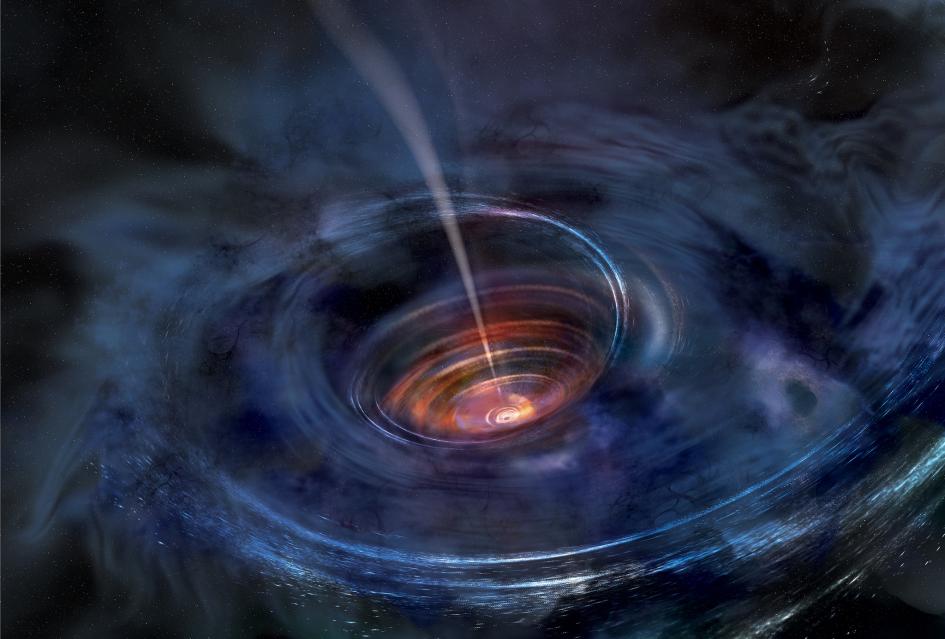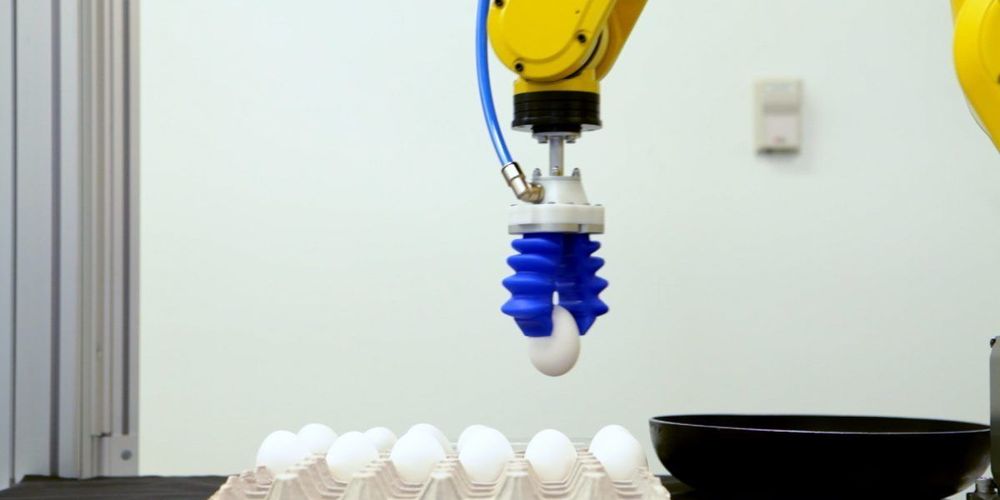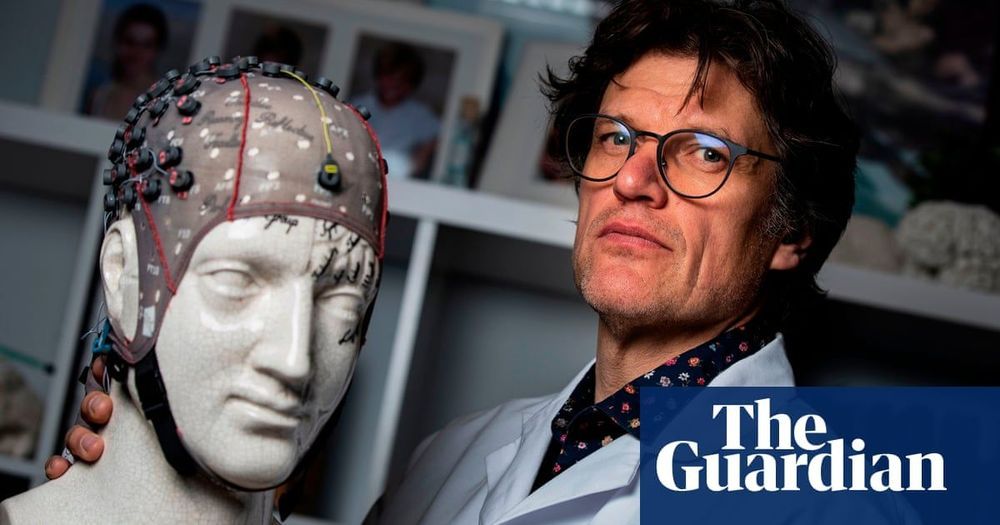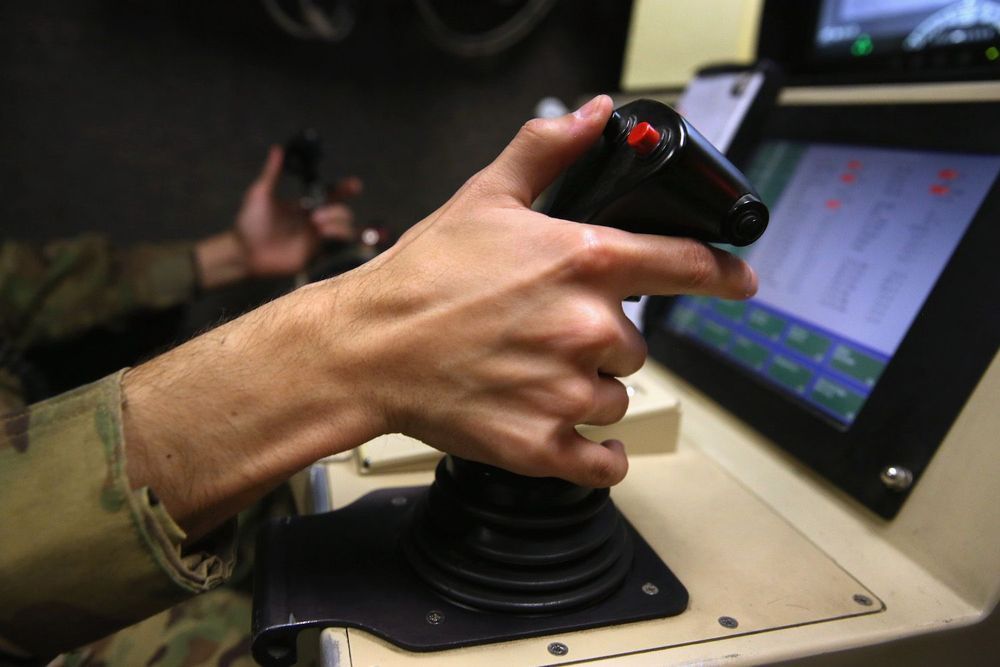The lungs and placentas of fetuses in the womb — as young as 11 weeks after conception — already show a bacterial microbiome signature, which suggests that bacteria may colonize the lungs well before birth. This first-time finding deepens the mystery of how the microbes or microbial products reach those organs before birth and what role they play in normal lung and immune system development.
A team led by University of Alabama at Birmingham researcher Charitharth Vivek Lal, M.D., found that a human fetal microbiome DNA signature is present in lungs as early as the first trimester. This fetal lung microbiome showed changes in diversity during fetal development, suggesting microbiome maturation with advancing gestational age. Finally, a placental microbiome was also present in human fetal tissue, and this microbiome signature showed some taxonomic overlap with the corresponding human fetal lung microbiome.
“We speculate that maternal-fetal microbial DNA transfer — and perhaps of other microbial products and whole live or dead bacteria — is a realistic possibility,” said Lal, an associate professor in the UAB Pediatrics Division of Neonatology. “This may serve to ‘prime’ the developing innate immune system of the fetus and help in establishment of a normal host-commensal relationship.”
